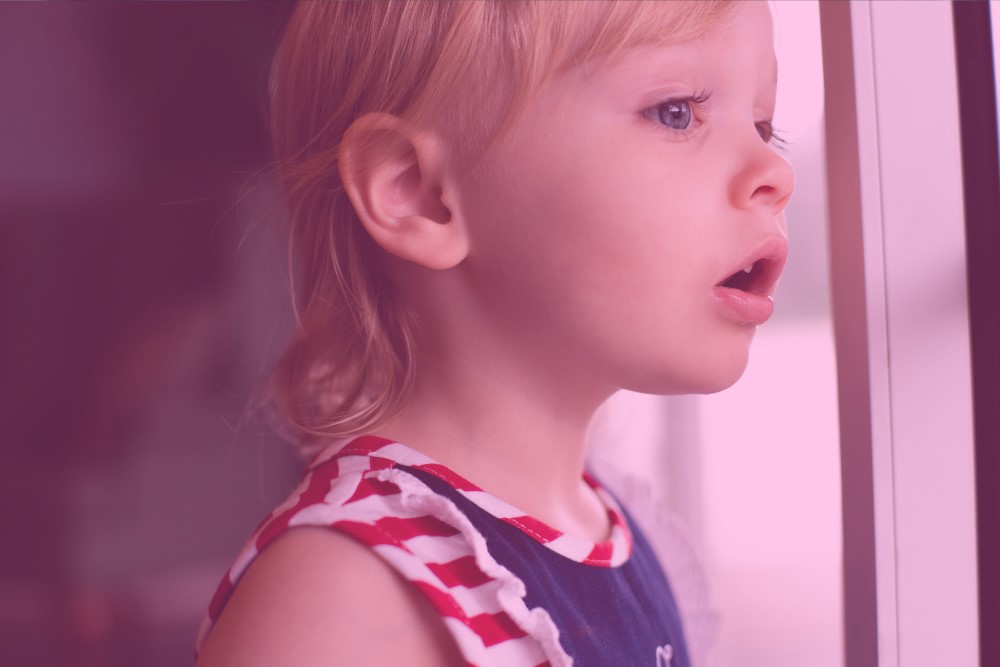Surrogacy is a form of assisted reproductive treatment, whereby a woman carries a foetus to term on behalf of another person. People most commonly enter into surrogacy arrangements because they are unable to carry a child to term, or because their medical history puts them at risk during a pregnancy. In Australia, each state and territory has its own surrogacy laws, so different rules apply to depending on the specific location. However, there is one point of commonality in every Australian jurisdiction, in that commercial surrogacy is strictly prohibited. This article looks at the current legal landscape relating to surrogacy laws in Australia.
Altruistic surrogacy
Surrogacy typically involves a fertilised embryo being inseminated into a surrogate mother, also called a “gestational carrier”. The surrogate goes through the process of carrying the baby with the intention of surrendering the child, usually to the family who supplied some (or all) of the genetic material that created the embryo. In other cases, the intended parents have no biological connection to the intended child. In altruistic surrogacy, the gestational carrier does not receive any form of payment, beyond reimbursement of expenses associated with the pregnancy and birth.
While altruistic surrogacy is legal across Australia, the procedure is heavily regulated by state and territory laws. For instance, in Victoria, the Assisted Reproductive Treatment Act 2008 states that a surrogacy arrangement is only permitted when:
- The intended parents are at least eighteen years old;
- The intended parents are residents of Victoria;
- The surrogate mother is at least twenty-five years old; and
- The surrogate mother has given birth before.
In Victoria, a registered assisted reproductive technology provider will only carry out surrogacy arrangements that are approved by the Patient Review Panel (PRP). The PRP must be convinced that the intended mother is unlikely to carry a child to term herself, or only at the risk of herself or the child. The surrogate mother must have a personal relationship with the intended parents and cannot use her own eggs to conceive the child. Additionally, all parties must undergo a Criminal Records check, consent to a Child Protection Order check, and receive counselling and independent legal advice before the process commences.
During the pregnancy, a surrogate mother in Victoria has the same rights as any woman to make decisions about the pregnancy and birth of the child, notwithstanding any surrogacy arrangement agreed between herself and the intended parents. When the baby is born, the surrogate is considered the child’s legal mother and is listed as such on the birth certificate. According to the Status of Children Act 1974, the parties must cooperate to apply to the Victorian Supreme or County Court for a Substitute Parentage Order to transfer legal parentage to the intended parents. In the event that a surrogate refuses to surrender a baby to the intended parents, the parents’ only recourse is to apply to the Federal Circuit and Family Court of Australia for a parenting order, and there is no guarantee of success in such cases.
Same-sex couples
Some jurisdictions have inequitable rules about access to altruistic surrogacy. For instance, in Western Australia, the Surrogacy Act 2008 only allows single women and opposite-sex couples with health-related issues to access IVF to facilitate surrogacy. Health Minister Sanderson recognises that “Western Australia’s legislation governing reproductive technology and surrogacy has not kept pace with medical advancements and societal change”. New legislative reform is currently in development, which is likely to be introduced as a Bill to Parliament in late 2024.
Commercial surrogacy
Commercial surrogacy is an arrangement whereby someone pays a gestational carrier for the service of carrying the baby and giving birth. This payment goes beyond reimbursement for medical and other costs associated with the pregnancy.
Critics of commercial surrogacy liken the process to the sale of children, in breach of the UN Convention on the Rights of the Child. All states and territories in Australia have criminalised commercial surrogacy, with potential penalties of heavy fines and imprisonment for parties that enter into such arrangements. In fact, commercial sale of any reproductive material or human body part is prohibited in Australia, and it is specifically illegal to sell or buy human sperm, eggs, blood, or organs.
International commercial surrogacy
International surrogacy occurs when people travel from their home country to make a surrogacy arrangement in another country. This is a growing practice across the world, because of strict regulations and the high costs associated with surrogacy in countries like Australia. It is easy to understand how a person who is unable to locate an altruistic surrogate in Australia may be willing to travel to another country where commercial surrogacy is legal and quite affordable. Sadly, the practice of international surrogacy has led to the exploitation of vulnerable women, especially in the developing world. In some cases, women are even held in bonded labour arrangements, a form of slavery, and forced to act as surrogates. Residents in New South Wales, Queensland, and the Australian Capital Territory are prohibited from entering into a surrogacy arrangement outside Australia. Doing so can result in arrest and incarceration in Australia. Although international surrogacy is not directly prohibited in other states and territories, residents in these jurisdictions should be aware that they may have difficulty obtaining legal “custody” over the child.
Anyone considering entering into any surrogacy arrangement should seek legal advice at the earliest stage. The team at Taylor Rose can advise you on this and any other family law matter. Phone 1800 491 469 or fill out this form for legal advice.




